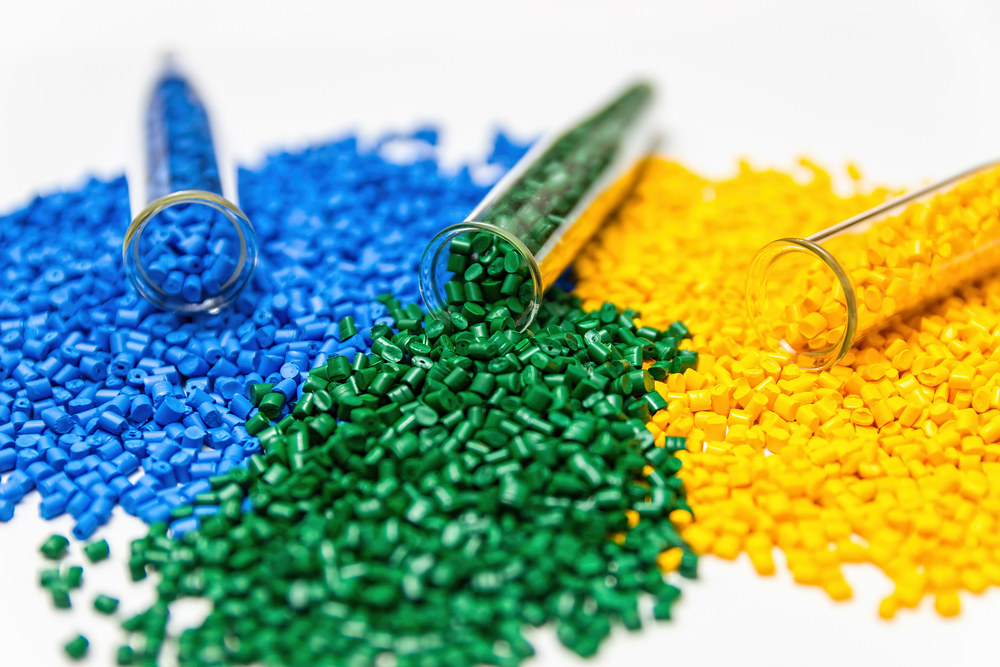Now that we have comfortably moved in 2022, it is worth reflecting upon the achievements of 2021, which saw significant challenges for the plastics recycling industry, many of which have been common across the plastics industry as a whole. These include the regulatory and practical changes created by Brexit, raw material shortages, and increasing raw material costs, skills shortages, transport issues and increasing energy costs.
Increased demand and higher polymer prices is actually good for plastics recycling as it means more contaminated or difficult streams become more viable to process as manufacturers look to reduce costs and increase supply options.
Championed
Over the past decade, the BPF Recycling Group has championed sustainable recycling and — as long ago as 2012 — we highlighted how volume-driven rather than qualitative targets were undermining UK recycling. It was clear that the unintended consequences of environmental legislation, where cost was the only consideration, was leading to unsustainable exports of low-quality waste whilst hamstringing UK-based plastic packaging recycling.

Whilst the packaging tax, which comes into effect in April, is not perfect, there is no doubt that we are witnessing huge growth in UK plastics recycling capacity as a result of unprecedented corporate and government funding. It is estimated that new capacity of circa 150,000 tonnes per annum will have come on stream during 2021. Funding is also driving significant innovation in the recycling of pots, tubs and trays and plastic film.
Technical constraints
However, it must be recognised that technical constraints, or those related to food contact regulations, could limit any positive influence the packaging tax might have and may lead to unhelpful unintended consequences. For example, where it is simply not possible to incorporate 30% post consumer recycled content, the additional costs imposed by the tax could be passed onto consumers, leading to further inflationary pressure on the economy.
Significantly, the United Nations Basel Convention has imposed strict controls on the quality of international waste shipments since the beginning of this year and, coupled with the bans and restrictions on waste imports from much of Asia, the UK is no longer reliant on the developing world for meeting its recycling targets.
Exports
Whilst there are still relatively high levels of plastics packaging exports for recycling, Environment Agency figures for the first three quarters of 2021 showed that 68% of plastic waste exports were to the EU, which imposes the highest standards of environmental regulation and where regulatory drivers to encourage recycling are also creating high demand for recycled feedstock. In fact, only 29% of plastic waste was exported to non-EU OECD countries over the same period, virtually all to Turkey, and roughly 3% to non-OECD destinations (mainly in Asia). That is a huge contrast with 2019, for example, when nearly 700,000 tonnes of plastic waste was exported for recycling — predominantly to Asia. For comparison, under 8,000 tonnes was exported to Asia during the first three quarters of 2021.
In sectors such as PET bottle recycling, the UK cannot meet the current demand for recycled content
The reality is that the landscape is moving full circle. In sectors such as PET bottle recycling, the UK cannot meet the current demand for recycled content, so is importing recycled PET feedstocks from the EU and even beyond. Some brands seem to be competing to see who can claim the highest rates of recycled content – but it will not be possible for everyone to use 100% recycled content. This issue will fall into sharper relief with the introduction of a deposit return scheme and potential reforms to extended producer responsibility (EPR), where ownership and control of plastic waste and recycling will become increasingly important.
One thing is clear – impending regulation will have a massive impact on the plastic and plastic recycling sectors – and it will be complex and full of potential pitfalls.
Environment Act
The Environment Act passed through Parliament last year, which sets out to help “the transition to a more circular economy incentivising people to recycle more, encouraging businesses to create more sustainable packaging, making household recycling easier, and stopping the export of polluting plastic waste to developing countries.”
This comes at a time when the environment — and climate change in particular — has been front and centre recently at COP 26. The challenge facing the world is now to reduce global warming.
Question
The question is whether EPR, the concept of “the polluter pays”, will be an effective mechanism to drive not only recycling but also resource efficiency in order to reduce greenhouse gas emissions. As it stands, EPR proposals only focus on recyclability. If that means that some plastic packaging is redesigned so that it is more easily recyclable, EPR will have done its job. But if EPR leads to low carbon plastic packaging being replaced with higher carbon alternative materials, that will not help the UK on its journey towards a low carbon economy.
In addition, if EPR only encourages the specification of materials that can be recycled back into the same application (a closed loop system) rather than recognising the value, where necessary, of replacing virgin material in other applications, this will be a missed opportunity.
More or less?
It may be counter-intuitive, especially in the current climate, but it is possible that we may need more plastic — not less — to reduce carbon emissions .But in order to avoid the inevitable claims of greenwashing it is imperative that regulation is led by science and not sentiment. Clearly the plastic industry has a key role to play within the UK’s net zero aspirations — and, crucially, recycling will play a key part in that journey, not just in packaging but across all sectors.
2022 will be a busy year.
Related link:
The British Plastics Federation












Subscribe for free